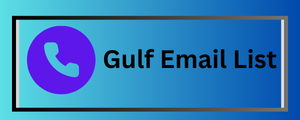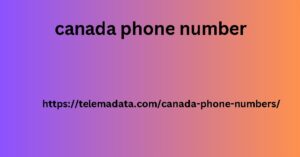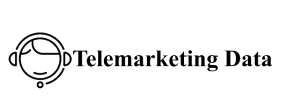In the world of digital marketing, Facebook ads have become an essential tool for businesses looking to reach their target audience and drive conversions. One technique that can enhance the effectiveness of Facebook ads is the use of JSON (JavaScript Object Notation) to create dynamic and personalized ad content. In this article, we will explore how businesses can leverage JSON for their Facebook advertising campaigns to maximize ROI and engagement.
What is JSON and Why is it Important for Facebook Ads?
JSON is a lightweight data interchange format that is easy for humans to read and write while being easy for machines to interpret and generate. It is commonly used to transmit data between a server and web application, and it can also be utilized to create dynamic ad content on Facebook. By using JSON, businesses can customize their ad creative based on user data, such as demographics, interests, and behavior. This level of personalization can significantly increase ad relevance and engagement, ultimately leading to higher conversion rates.
How to Implement JSON in Facebook Ads
To implement JSON in Facebook ads, businesses can leverage the power of dynamic creatives. Dynamic creatives allow advertisers to create multiple ad variations within a single ad set, each tailored to different audience segments. By using JSON, businesses can dynamically populate ad elements such as headlines, images, and calls-to-action based on user data. This level of customization can create a highly personalized experience for users, increasing the likelihood of conversion.
Here is a step-by-step guide on how to implement JSON in Facebook ads:
Create a JSON template: Begin by designing a JSON template canada phone number that includes placeholders for dynamic ad elements. For example, you can use variables such as {{first_name}} or {{product_name}} to personalize the ad content.
Upload the JSON template: Upload the JSON template to Facebook’s ad manager and link it to your ad creative. Ensure that the JSON template is properly formatted and validated to prevent any errors during ad delivery.
Set up audience targeting: Define your target audience based on demographics, interests, and behaviors. By segmenting your audience effectively, you can deliver personalized ad content to the right users at the right time.
Monitor and optimize: Monitor the performance of your Facebook ads regularly and optimize them based on key metrics such as click-through rate, conversion rate, and cost per conversion. Use A/B testing to experiment with different ad variations and determine the most effective approach.
Benefits of Using JSON for Facebook Ads
By utilizing JSON for Facebook ads, businesses can benefit in several ways:
Increased ad relevance: Personalized ad content based on user data can significantly increase ad relevance and engagement.
Higher conversion rates: Customized ad elements tailored to user preferences can drive higher conversion rates and ROI.
Improved targeting: Dynamic creatives enable precise audience targeting, allowing businesses to reach the right users with the right message.
Time-saving: Once set up, JSON templates can be easily updated and reused for future ad campaigns, saving time and resources.
In conclusion, leveraging JSON for Facebook ads Brazil WhatsApp Number List can be a game-changer for businesses looking to enhance their advertising strategy. By creating dynamic and personalized ad content, businesses can improve ad relevance, engagement, and ultimately, drive better results. With the step-by-step guide and benefits outlined in this article, businesses can start implementing JSON in their Facebook advertising campaigns and take their marketing efforts to the next level.







